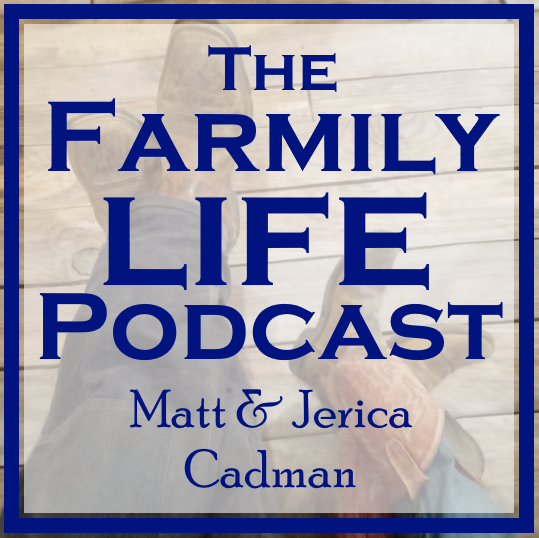
-
Recent Blogs
- An organization that trades secrets
- How to change the world…
- What are your thoughts on Artificial Intelligence in Farm Marketing? A brief survey…
- An “Eggsplanation” of Laying Flock Management
- A very repairful year so far
- Long John Gets a Job
- The Things We Say During Cattle Work
- Basket full of pills?
- Chinese Pork Is Better Than Ours
- Chinese Chicken?
Tag Archives: restaurant
Someone is trying to trick you.
Someone is trying to trick you. They have started using this marketing word, and it’s working. What’s the word? Local. “Local” is the new “healthy.” But my, oh, my, how the falsehoods abound. (Quick disclaimer: I don’t think “local” is … Continue reading

